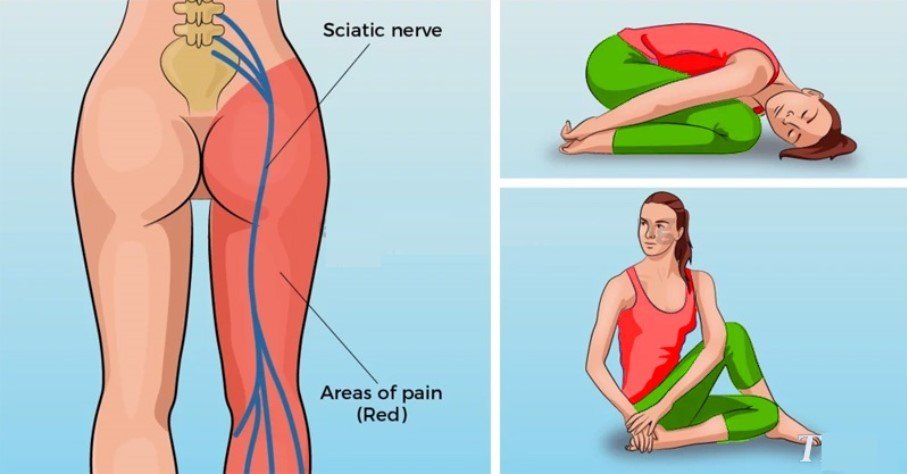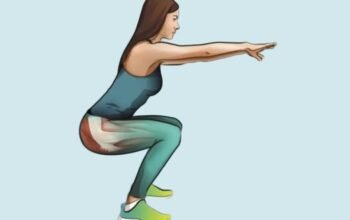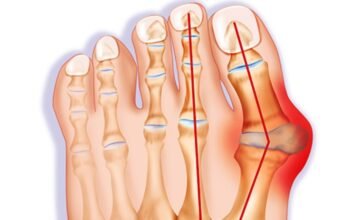Living with sciatica can be an incredibly challenging experience, causing persistent pain that disrupts daily life and limits mobility. While traditional treatments offer some relief, an increasing number of individuals are discovering the powerful healing potential of yoga as a natural, holistic approach to managing sciatic nerve pain.
Understanding Sciatica: More Than Just Back Pain
Sciatica is not a condition in itself, but a symptom of underlying issues affecting the sciatic nerve – the longest nerve in the human body. This nerve runs from the lower back through the hips and down each leg, and when compressed or irritated, it can cause significant discomfort.
The most common causes of sciatica include:
- Herniated or bulging spinal discs
- Piriformis syndrome
- Spinal stenosis
- Degenerative disc disease
People experiencing sciatica often report symptoms such as:
- Sharp, burning pain in the lower back
- Radiating pain down one or both legs
- Numbness or tingling in the legs
- Weakness in leg muscles
How Yoga Provides Natural Sciatica Relief
Yoga offers a multi-dimensional approach to managing sciatica by addressing both physical and psychological aspects of pain. Unlike invasive treatments, yoga helps by:
- Improving Flexibility: Gentle stretches reduce muscle tension and improve range of motion
- Strengthening Muscles: Targeted poses build core and back muscle strength, providing better support for the spine
- Reducing Inflammation: Specific breathing techniques and movements can help decrease bodily inflammation
- Promoting Relaxation: Mindfulness practices help manage pain perception and reduce stress
Top Yoga Poses for Sciatica Pain Relief
1. Cobra Pose (Bhujangasana)
This backbend pose helps strengthen the spine and open the chest, providing gentle relief for sciatic pain. To perform:
- Lie face down with hands placed under shoulders
- Gently lift your chest while keeping pelvis grounded
- Hold for 15-30 seconds, breathing deeply
2. Cat-Cow Stretch
An excellent pose for spinal mobility and releasing lower back tension:
- Start on hands and knees
- Alternate between arching and rounding your back
- Synchronize movement with breath
3. Child’s Pose (Balasana)
A restorative pose that gently stretches the lower back and helps relax muscles:
- Kneel on the floor
- Sit back on heels
- Stretch arms forward
- Rest forehead on the mat
Important Precautions
While yoga can be incredibly beneficial, it’s crucial to approach practice with caution:
- Always consult a healthcare professional before starting a new exercise routine
- Listen to your body and avoid poses that cause pain
- Use modifications and props as needed
- Start slowly and gradually increase intensity
Final Thoughts
Yoga offers a promising, natural approach to managing sciatica pain. By incorporating gentle, targeted poses and maintaining a consistent practice, many individuals can experience significant relief and improved quality of life. Remember, healing is a journey, and patience is key.
Always prioritize your body’s signals and work with healthcare professionals to develop a comprehensive treatment plan tailored to your specific needs.






